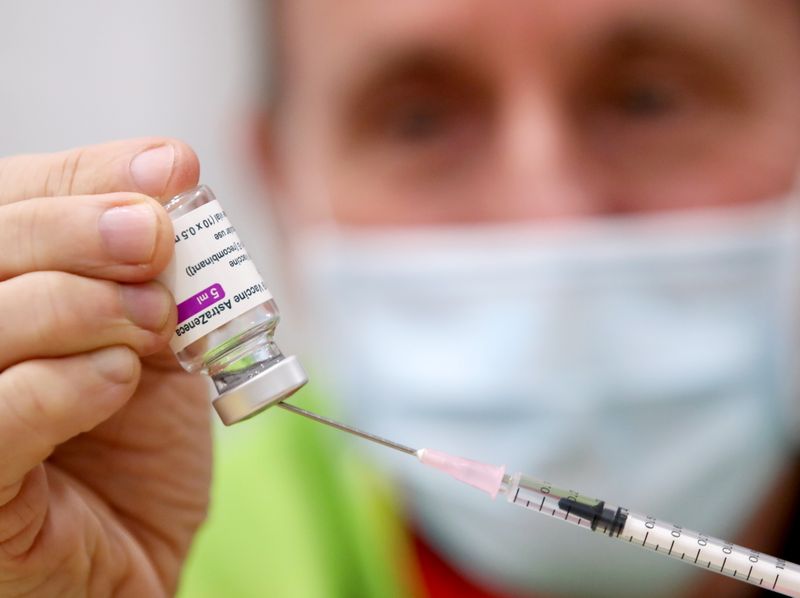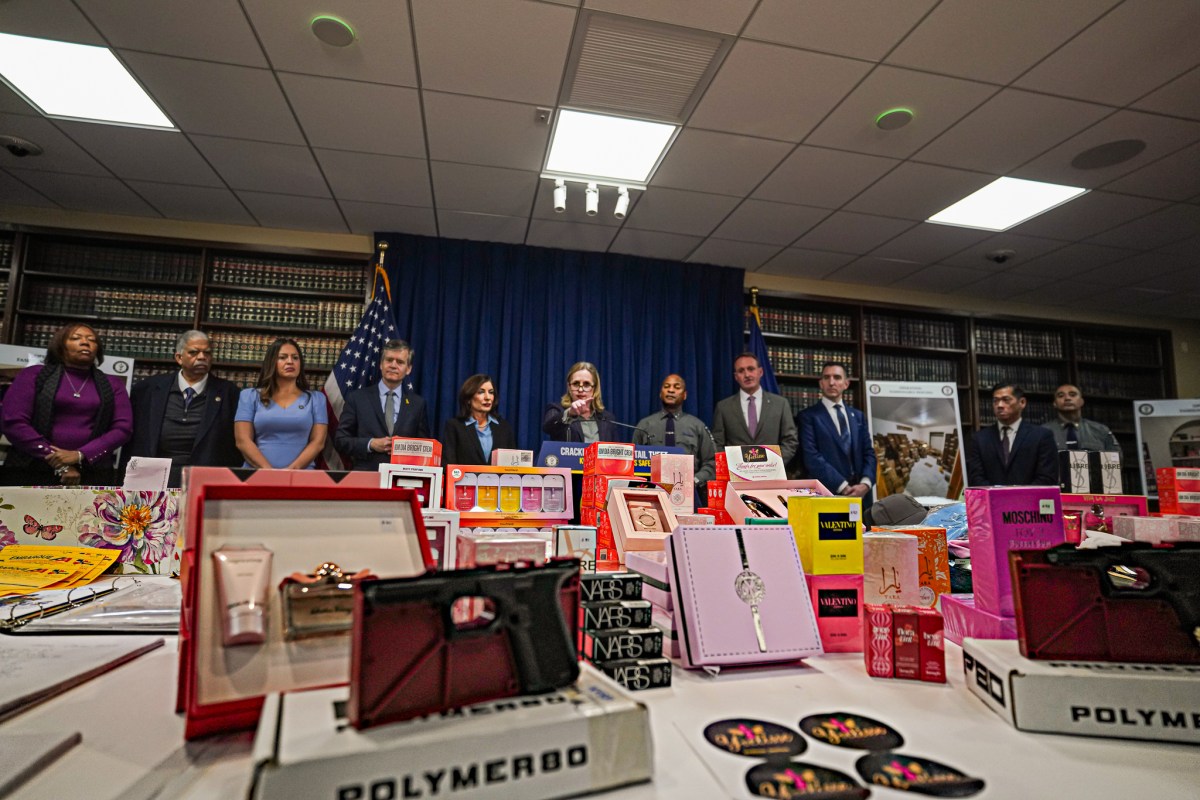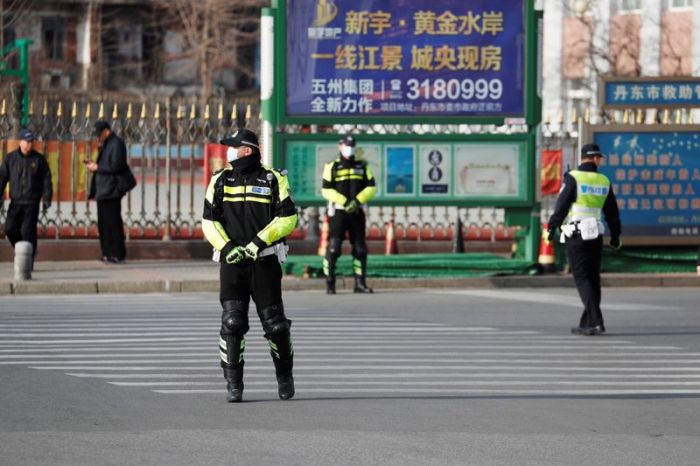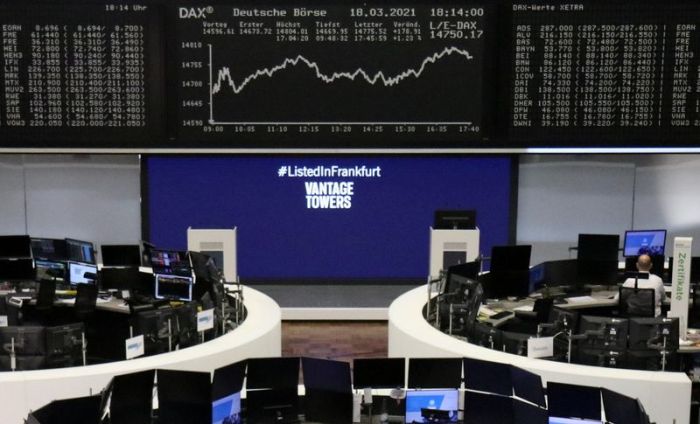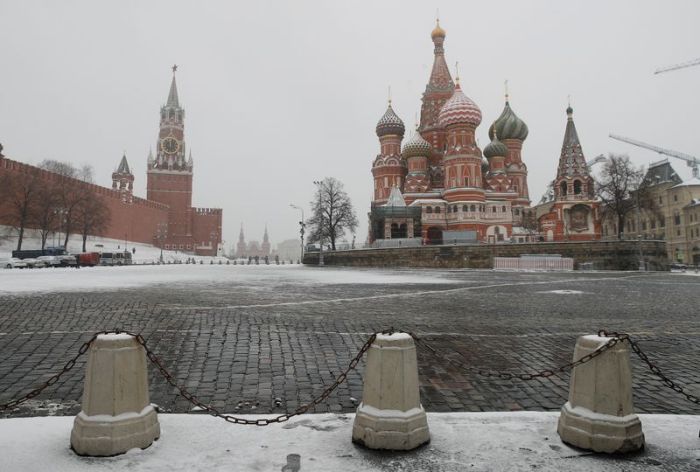COPENHAGEN (Reuters) – Denmark, Sweden and Norway said on Friday they needed more time to decide whether to use AstraZeneca’s COVID-19 vaccine while Finland joined them in putting the shots on hold, even though the EU drug watchdog said the benefits outweighed any risks.
“We need time to get to the bottom of this,” Soren Brostrom, head of the Danish Health Authority, told reporters on Friday.
Several European countries last week suspended use of the vaccine following reports of rare instances of blood clots in some people who had been vaccinated.
On Friday nearly a dozen of them resumed inoculations on the EMA’s recommendation.
“This does not change the fact that, on the basis of a precautionary principle, we are continuing our suspension, because we need to understand this better, so that we can say with certainty that we recommend this vaccine,” Brostrom said.
Finland, which had not previously suspended the vaccine, announced it would halt the use of the AstraZeneca shot while investigating two suspected cases of blood clots.
“After doing the investigation we can better inform people about the risk associated with the vaccine if there is one,” said Taneli Puumalainen, chief physician at the Finnish Institute for Health and Welfare.
Health authorities in all four Nordic countries said they planned to decide on the future use of the AstraZeneca vaccine next week.
Norway has so far reported five cases in which recipients of the vaccine were later admitted to hospital with a combination of blood clots, bleedings and low platelets, one of whom has died.
A sixth person, who also got the vaccine, has died from brain a haemorrhage in combination with a low count of platelets.
“These cases are rare, but very serious. We can not rule out that these cases may be linked to the AstraZeneca vaccine,” the Norwegian Medicines Agency said.
Sweden is also looking into isolated cases of blood clots and coagulatory issues among people who took the vaccine, including two deaths, though authorities have said any possible link to the inoculations remains uncertain.
“We know already that we have quite a few people that have begun to be hesitant about the vaccine,” Chief Epidemiologist Anders Tegnell, the architect of Sweden’s no-lockdown pandemic strategy, told public service broadcaster SVT.
“That means it is hugely important that we are able to issue clear communications about how and why we continue to use (the AstraZeneca vaccine).”
Sweden, Finland and Norway have seen a rapid rise in COVID-19 cases in recent weeks. Denmark has seen numbers fall and is gradually reopening society.
AstraZeneca said on Sunday a review of safety data of more than 17 million people vaccinated in the United Kingdom and European Union with its vaccine had shown no evidence of an increased risk of blood clots.
(Reporting by Jacob Gronholt-Pedersen and Nikolaj Skydsgaard in Copenhagen, Terje Solsvik in Oslo, Essi Lehto in Helsinki and Niklas Pollard in Stockholm; Editing by Alison Williams, Emelia Sithole-Matarise and Nick Macfie)

